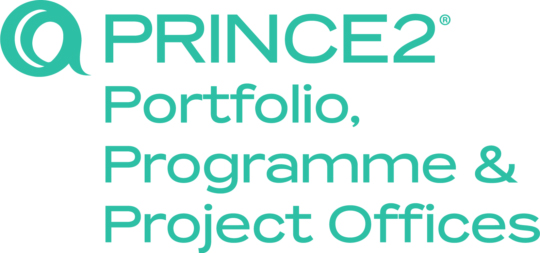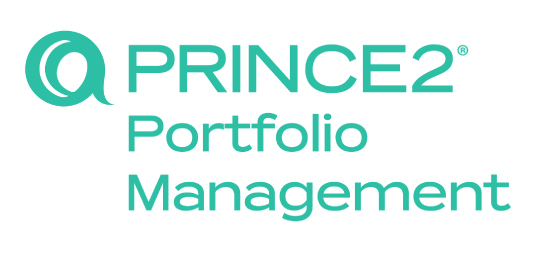Working in project management has become an increasingly popular career choice and if you’re looking for a first step into project management there are a number of entry-level roles. The entry-level positions for PMO are often called Project Administrator, Project Co-ordinator, Project Support or anything of these with PMO instead of project.
It got me thinking about all the people I’ve spoken to over the years who had also left a previous profession in order to get into project management. There are definitely some professions that have some great transferable skills into the project support field so here’s my top five and why these professions make great project co-ordinators.
Let’s start with the more recent one:
Legal and Commercial
Lawyers, paralegals or anyone working in a clerk type position – they’re great with process and procedures. Know how to multitask and hit deadlines. They’re great at written communications and report writing. They tend to have an eye for the detail and can work in busy environments. They know their way around a PC and generally they’re used to dealing with people – lots of different types. And one great strength that can come in very handy in the project environment is knowing their way around a legal document – very useful when a project has third parties or procurement needs.
Services
Anyone who has worked in the armed forces generally tends to have some exposure to project management in some form. A good project co-ordinator has to monitor and report; support projects and provide best practice approaches for the project team – a steady pair of hands is often required. They have the attention to detail – good communication skills – and leadership skills too. They want to get things done and see things through to completion. They’re also generally well-trained in project management – the knowledge is there. They can take instruction well and think on their own two feet. They are resilient and work well in a team.
People coming from a forces background into project co-ordination positions tend to fit in well into organisation’s whose project management approach is very process-driven and structured. The project co-ordination role is a great place to start when they first leave the forces – before going on to project management or other senior roles in the organisation.
Office Administration
Any kind of position within an organisation where someone is supporting someone else is a great training ground to become a project co-ordinator. That can be a P.A, a procurement administrator, helpdesk co-ordinator… The key experience here is being highly organised, being able to multitask well, build relationships and trust with the people you’re supporting and having great PC skills – especially with MS Excel. Their experience in supporting teams of people transfers well into support project teams; rolling up their sleeves and making things happen; bring proactive and looking to see where they can go the extra mile.
With training to understand the project management fundamentals and some insights into what project co-ordinators actually do – people with office based administration skills are able to quickly see which transferable skills or competencies they need to highlight when interviewing for a project co-ordinator position. The Essentials for PMO Administrators is a perfect course to get started with.
Hospitality
 This is anyone working in the services industry – areas like events, production, receptions, where there is a combination of planning, people, and working towards a deadline. It makes sense that these roles make excellent foundations for a move into project co-ordination – especially events and productions which are like small projects anyway. Being organised is an obvious part of the job – and so is being calm under pressure. Creating a decent plan, working through checklists, working with clients and extended teams – all of these make for a good set of skills in project co-ordination.
This is anyone working in the services industry – areas like events, production, receptions, where there is a combination of planning, people, and working towards a deadline. It makes sense that these roles make excellent foundations for a move into project co-ordination – especially events and productions which are like small projects anyway. Being organised is an obvious part of the job – and so is being calm under pressure. Creating a decent plan, working through checklists, working with clients and extended teams – all of these make for a good set of skills in project co-ordination.
Often it is a case of learning the more formal structures, methods, techniques and tools of project management that helps the transition into a project based career, starting with the project co-ordination role. They know that the customer is at the centre of everything – so at least they have some of the Agile philosophy already!
Finance
Not every project co-ordination position needs budget management experience but when the job does need it who better than someone who as a background with numbers. So that’s anyone who has a role where there was a heavy emphasis on accounting or bookkeeping – like an accounts assistant or clerk. They are also good when it comes to working within frameworks and processes; have the attention to detail; are pretty advanced with software like MS Excel and the accounting concepts that are used every day in projects. With a good foundation in finance – the other aspects of project co-ordination – like planning, documentation management, reporting and so on will come with basic training and on-the-job experience.
These five profession areas are the ones which I’ve seen over the years that display good transferable skills into a project co-ordination role. I’ve always said that the project related knowledge can be taught easily enough – and a decent on-the-job training and support programme can help people get up to speed quickly. There is still a reluctance for organisations to recruit project co-ordinators who don’t have previous project experience but that is short-sighted – they’re missing out on some great people with great skills and experience.
My advice to you if you’re trying to get into project management from any of these professions is get yourself trained – take a look at the Essentials for PMO Administrators as a starting point and keep banging on the door until you find that enlightened employer!
If you’re looking to get into a project co-ordination role from a different profession – why not leave a comment below sharing your own insights.
Enjoying Our Blog?
Sign up and receive all our articles (we’ll send you an update once a week!) plus special offers and events:







